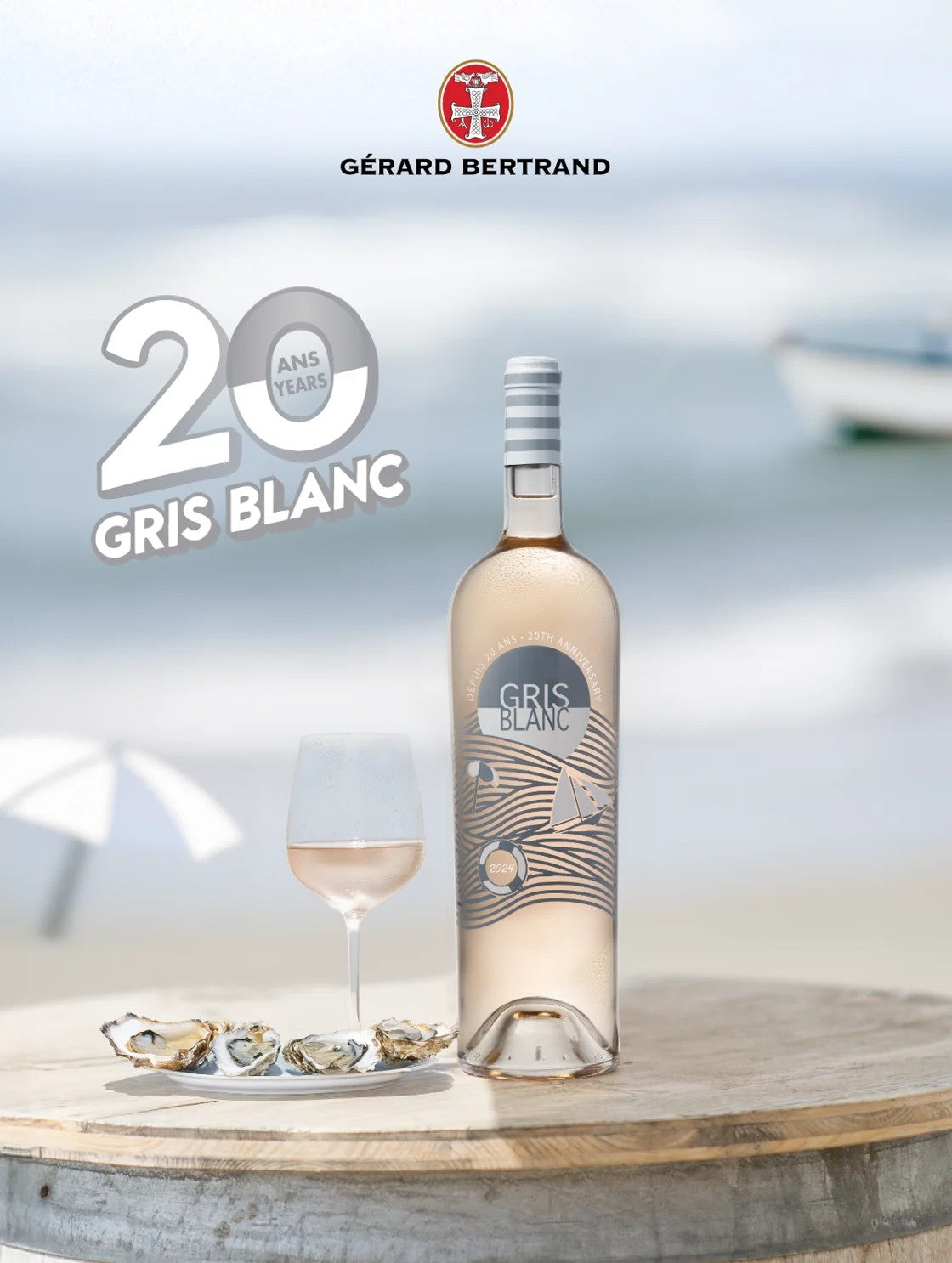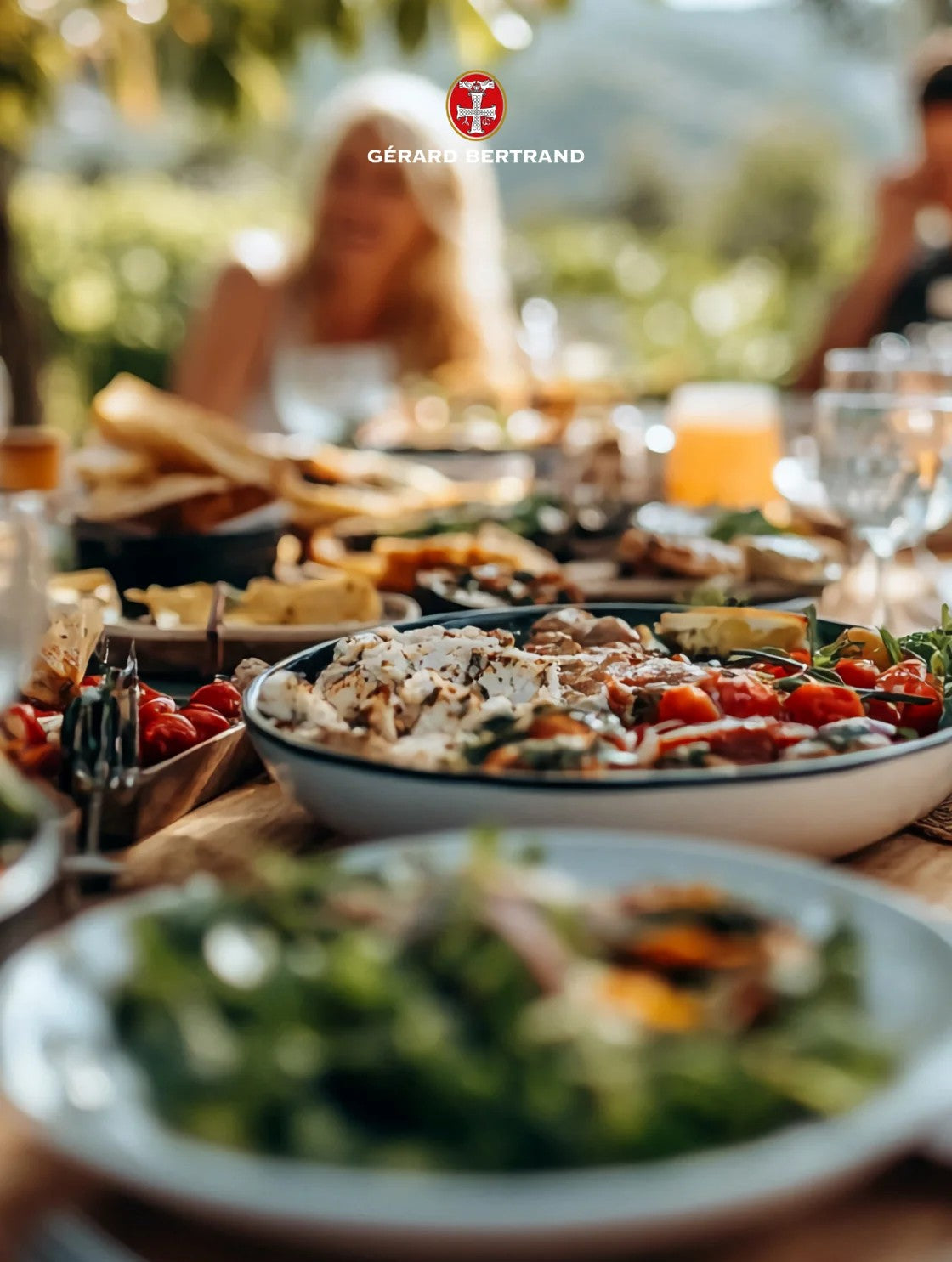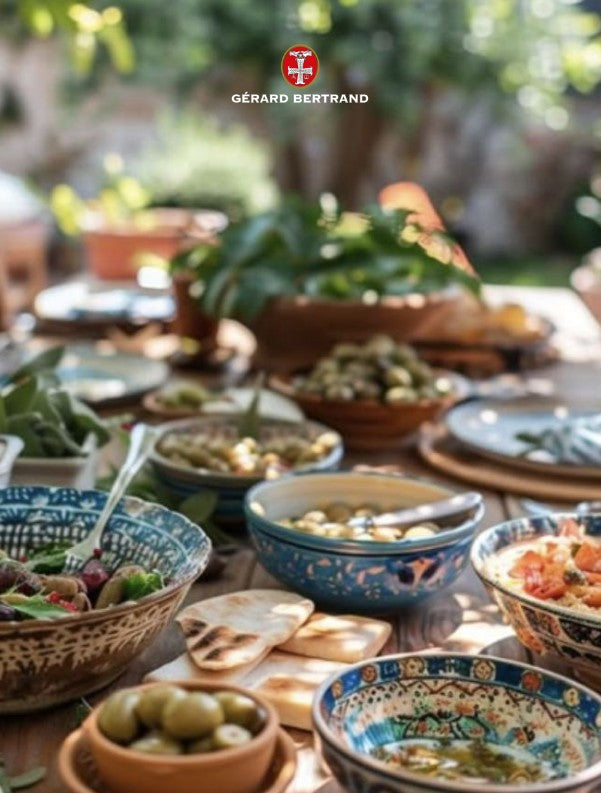The ideal wine in 4 questions
TAKE THE QUIZ



The sweet wines are often overlooked or underestimated in the wine world. Yet they offer a diversity of flavors and textures that deserve to be explored.

A sweet wine is characterized by ahigher residual sugar content than dry wines. This sugar comes from grapes that have not fully fermented, leaving a natural sweetness in the wine. French sweet wines can be white, red or rosé and vary in sweetness, from slightly sweet to very sweet.

Late harvest
Late harvesting involves leaving the grapes on the vine longer than usual, often until they are partially dried out by the sun. This method concentrates the grapes' natural sugars, resulting in a sweeter wine. Late harvests are common in regions like Alsace in France, where wines like Gewurztraminer and Riesling are produced late.
Passageillage
Passerillage is a technique whereby the grapes are dried, either on the vine or after harvesting, to concentrate the sugars. This process is used in regions such as the Rhône Valley and south of France. The result is a rich, sweet wine, often with aromas of dried fruit and honey.
Noble rot
Noble rot, caused by the Botrytis cinerea fungus, is a unique method used to produce some of the world's most famous wines, such as Sauternes in France and Tokaji in Hungary. This fungus dehydrates the grapes, concentrating sugars and aromas. Noble rot wines are often highly complex, with notes of tropical fruit, honey and caramel.
Mutation
Mutage is a technique used to interrupt fermentation by adding alcohol, usually in the form of brandy. This method retains a significant amount of residual sugar. Muted wines, such as Porto in Portugal and Banyuls in France, are renowned for their richness and smoothness.

La France
France is renowned for its French sweet wines quality, with regions such as Sauternes in the Bordeaux region, where Château d'Yquem produces some of the world's most prestigious wines. Alsace is also famous for its late harvest and noble grape selections.
Germany
Germany produces natural sweet wines mainly from the Riesling grape variety. Wines from the Moselle region, such as Spätlese and Trockenbeerenauslese, are particularly appreciated for their balance of sweetness and acidity.
Italy
Italy is not to be outdone, with iconic sweet wines such as Vin Santo from Tuscany, made from raisined grapes, and Moscato d'Asti from Piedmont, known for its floral and fruity aromas.
Portugal
Portugal is famous for its Port wines, which are mutated and aged to develop rich, complex flavors. The different styles of Port, from Ruby to Tawny, offer a range of sweet flavors that appeal to many palates.
Serving temperature : Sweet wines are best served chilled, between 8 and 12°C, for whites and rosés, and slightly warmer for reds.
Wine glass : Use a stemmed wine glass to concentrate aromas and allow better aeration.
Wine and food pairing : Natural vins doux naturels go perfectly with desserts, blue cheeses and even spicy dishes. Try a Sauternes with foie gras for an unforgettable gastronomic experience.
Patience : Sweet wines often taste best after a few years' ageing, allowing the flavours to develop and harmonize.
The vins doux naturels are a real invitation to discover a range of flavors and textures that dry wines can't offer. Whether to accompany a dessert, a cheese or simply for the pleasure of tasting an exceptional wine, French sweet wines deserve a special place in your cellar. So, the next time you're looking for a unique wine experience, think sweet wines and let yourself be seduced by their sweet charm.
Read more :
Discover the best Gérard Bertrand wines:

20 years ago, in the heart of the South of France, between the Pyrenees and the Mediterranean, an idea matured under the Languedoc sun: to reveal a new face of rosé. A delicate, crystalline wine, with a ...
Read the article
Barbecuing has never been so trendy. Braziers, plancha grills, traditional barbecues... they're inviting themselves into the heart of our summers, sublimating simple products in a convivial atmosphere. A fire, a few...
Read the article
Tapas & wine: the Mediterranean art of living A dinner with friends, plates to share, the scent of olive oil and rosemary... and wines selected to accompany this Mediterranean cuisine...
Read the article